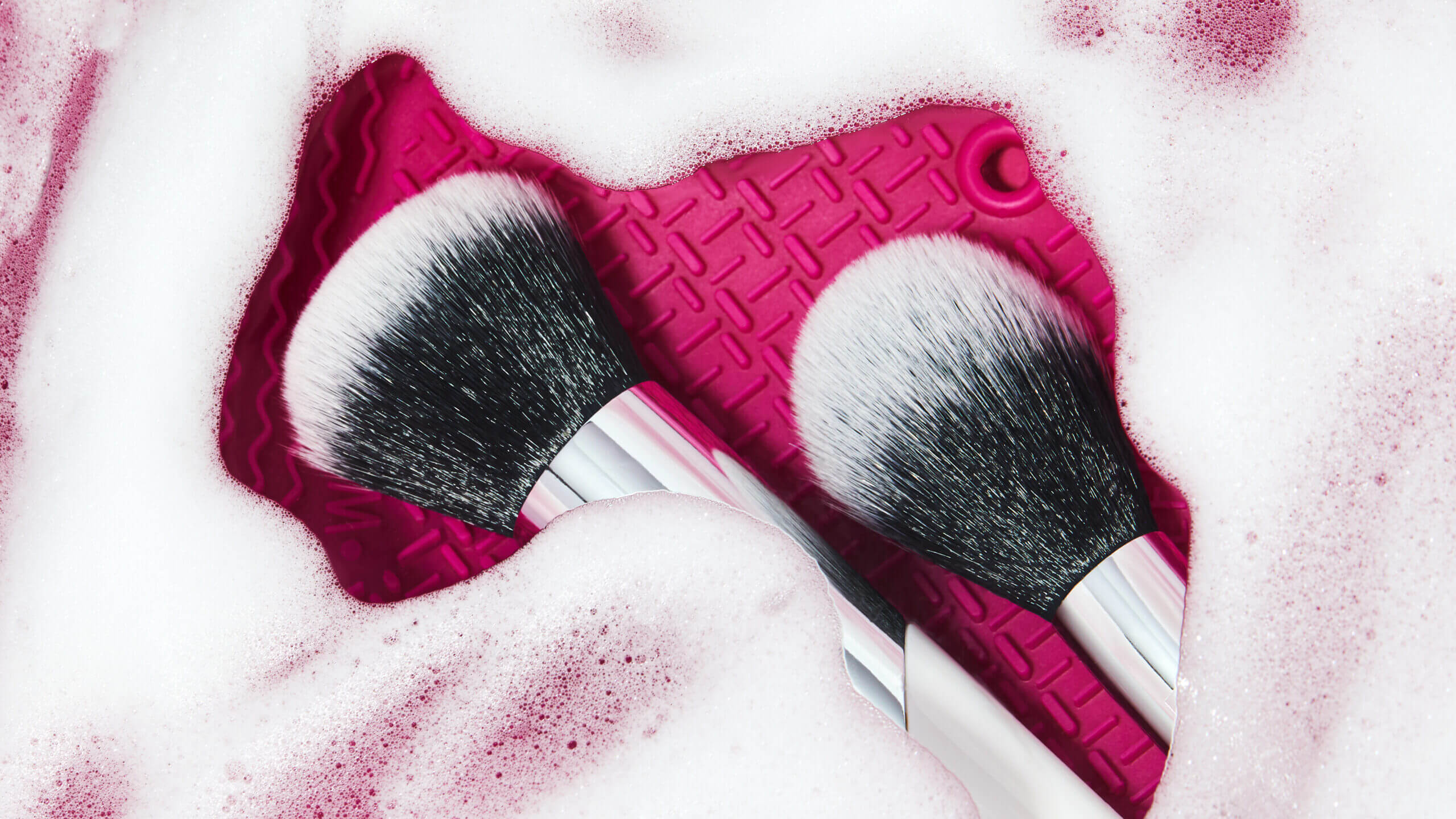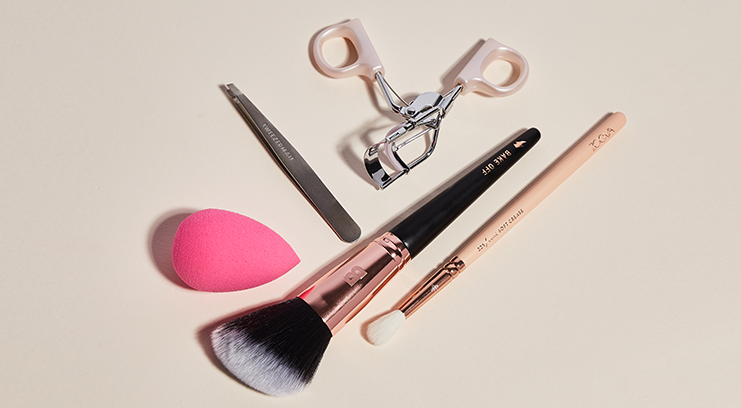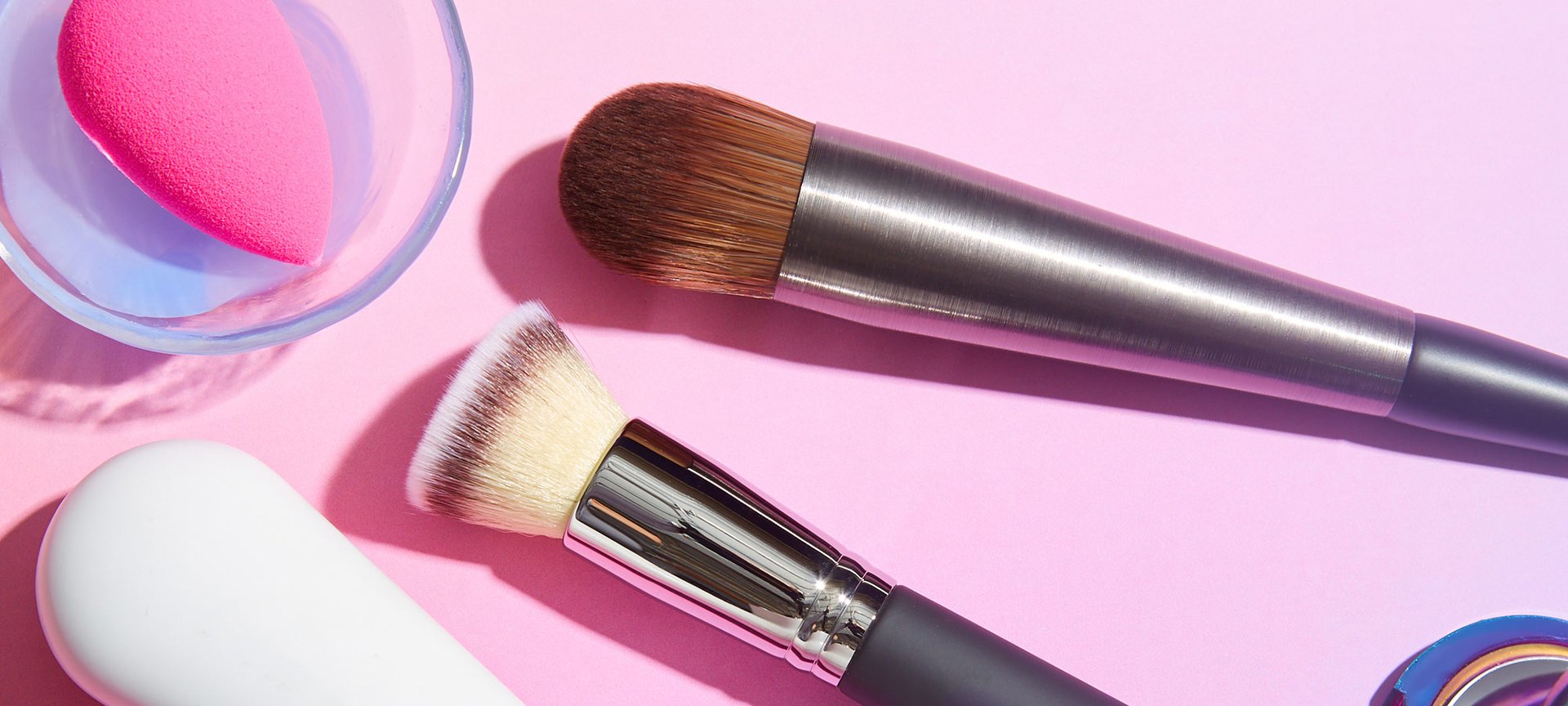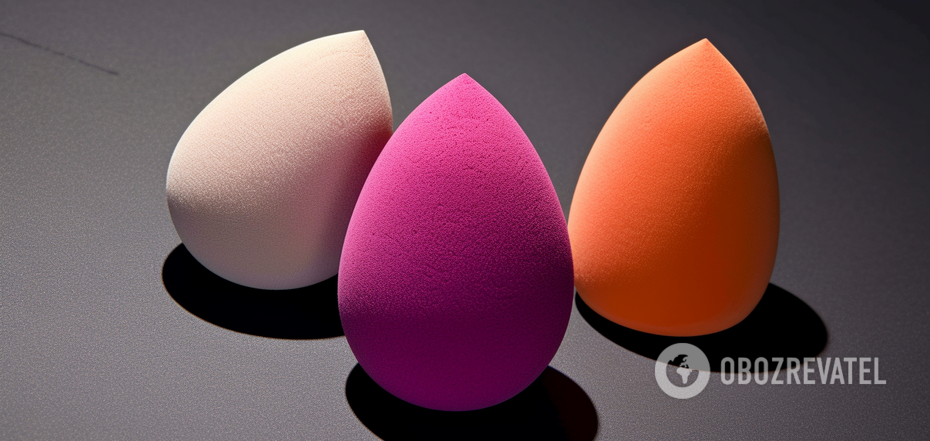Maintaining Your Makeup Tools: The Essential Role Of A Makeup Sponge Washer
Maintaining Your Makeup Tools: The Essential Role of a Makeup Sponge Washer
Related Articles: Maintaining Your Makeup Tools: The Essential Role of a Makeup Sponge Washer
Introduction
With great pleasure, we will explore the intriguing topic related to Maintaining Your Makeup Tools: The Essential Role of a Makeup Sponge Washer. Let’s weave interesting information and offer fresh perspectives to the readers.
Table of Content
- 1 Related Articles: Maintaining Your Makeup Tools: The Essential Role of a Makeup Sponge Washer
- 2 Introduction
- 3 Maintaining Your Makeup Tools: The Essential Role of a Makeup Sponge Washer
- 3.1 Understanding the Importance of Clean Makeup Sponges
- 3.2 The Makeup Sponge Washer: A Solution for Hygiene and Longevity
- 3.3 Types of Makeup Sponge Washers
- 3.4 Choosing the Right Makeup Sponge Washer
- 3.5 FAQs about Makeup Sponge Washers
- 3.6 Tips for Using a Makeup Sponge Washer
- 3.7 Conclusion
- 4 Closure
Maintaining Your Makeup Tools: The Essential Role of a Makeup Sponge Washer

In the realm of cosmetics, achieving flawless application relies not only on high-quality products but also on impeccably clean tools. Makeup sponges, renowned for their versatility in blending and applying foundation, blush, and other products, are susceptible to accumulating bacteria and product residue over time. This buildup can compromise the sponge’s effectiveness, potentially leading to skin irritation and uneven application. Here, we delve into the significance of a makeup sponge washer, exploring its role in maintaining hygiene, extending the lifespan of sponges, and ultimately enhancing your makeup application experience.
Understanding the Importance of Clean Makeup Sponges
Makeup sponges, regardless of their material (natural latex, synthetic, or silicone), are porous and readily absorb product, moisture, and even microscopic particles from the environment. Over time, this accumulation creates a breeding ground for bacteria, mold, and other microorganisms. Using a contaminated sponge can result in:
- Skin Irritations and Breakouts: Bacteria and other microorganisms can transfer to the skin, potentially causing acne, rashes, and other inflammatory reactions.
- Uneven Makeup Application: Product buildup can clog the sponge’s pores, hindering its ability to evenly distribute makeup. This can lead to streaking, patchy application, and a less polished look.
- Reduced Product Performance: The buildup of product residue can interfere with the sponge’s ability to pick up and blend makeup, resulting in less effective application.
- Shortened Sponge Lifespan: Contaminated sponges tend to degrade faster, requiring more frequent replacement.
The Makeup Sponge Washer: A Solution for Hygiene and Longevity
A makeup sponge washer is a dedicated tool designed to effectively clean and sanitize makeup sponges, addressing the hygiene concerns outlined above. These devices typically employ a combination of cleansing agents, water, and agitation to remove product residue, bacteria, and other contaminants.
Benefits of Using a Makeup Sponge Washer:
- Enhanced Hygiene: Regular cleaning with a makeup sponge washer helps eliminate bacteria and other microorganisms, minimizing the risk of skin infections and irritation.
- Improved Makeup Application: Clean sponges blend makeup evenly, resulting in a flawless and natural finish.
- Extended Sponge Lifespan: By removing product residue and preventing bacterial growth, a makeup sponge washer helps prolong the life of your sponges, reducing waste and saving you money.
- Convenient and Time-Saving: Dedicated makeup sponge washers offer a quick and efficient way to clean your sponges, making the process less tedious.
Types of Makeup Sponge Washers
The market offers a variety of makeup sponge washers, each with its own unique features and advantages. Common types include:
- Electric Makeup Sponge Washers: These devices use rotating brushes or vibrating heads to agitate the sponge, effectively removing product residue and deep-cleaning the pores.
- Manual Makeup Sponge Washers: These are typically handheld devices that use a combination of scrubbing and rinsing to clean sponges.
- Soap-Based Makeup Sponge Washers: These are designed to be used with a specific soap formula that is gentle on the sponge material while effectively removing makeup and bacteria.
Choosing the Right Makeup Sponge Washer
The optimal makeup sponge washer for your needs depends on several factors, including:
- Frequency of Use: If you use makeup sponges frequently, an electric washer may be more convenient and efficient.
- Sensitivity to Chemicals: If you have sensitive skin, choose a soap-based washer with a gentle formula or opt for a manual washer that allows for more control over the cleaning process.
- Budget: Manual washers are generally more affordable than electric washers.
- Travel Considerations: If you travel frequently, a compact and portable manual washer may be more practical.
FAQs about Makeup Sponge Washers
Q: How often should I clean my makeup sponges?
A: It is generally recommended to clean makeup sponges after every use to prevent the buildup of bacteria and product residue.
Q: Can I use soap and water to clean my makeup sponges?
A: While soap and water can remove some product residue, they may not be effective at eliminating all bacteria and contaminants. Dedicated makeup sponge washers are designed to provide a deeper clean.
Q: Can I use a makeup sponge washer for all types of sponges?
A: Most makeup sponge washers are compatible with various types of sponges, including latex, synthetic, and silicone. However, it is always advisable to consult the manufacturer’s instructions for specific recommendations.
Q: How long does it take to clean a makeup sponge with a washer?
A: The cleaning time varies depending on the type of washer. Electric washers can clean sponges in a few minutes, while manual washers may take a little longer.
Q: Are makeup sponge washers safe for my sponges?
A: Reputable makeup sponge washers are designed to be gentle on sponge materials. However, it is essential to choose a device that is compatible with your sponge type and to follow the manufacturer’s instructions carefully.
Tips for Using a Makeup Sponge Washer
- Read the Manufacturer’s Instructions: Always refer to the manufacturer’s instructions for specific cleaning guidelines, including recommended cleaning agents and cycles.
- Pre-Rinse Sponges: Before using a makeup sponge washer, rinse your sponges with cold water to remove loose product residue.
- Use a Gentle Cleaning Agent: Choose a mild, pH-balanced cleaning agent specifically designed for makeup sponges. Harsh chemicals can damage the sponge material.
- Avoid Over-Cleaning: Excessive cleaning can wear down the sponge material. Follow the recommended cleaning cycles and duration.
- Thoroughly Rinse and Dry: After cleaning, rinse your sponges thoroughly with clean water to remove any soap residue. Allow the sponges to air dry completely before storing.
Conclusion
Maintaining the hygiene of your makeup tools is paramount for achieving a flawless and healthy makeup application. A makeup sponge washer is an invaluable investment that contributes to the overall health of your skin and enhances the longevity of your sponges. By choosing the right washer and following proper cleaning practices, you can ensure that your makeup sponges are clean, hygienic, and ready to deliver flawless results every time.








Closure
Thus, we hope this article has provided valuable insights into Maintaining Your Makeup Tools: The Essential Role of a Makeup Sponge Washer. We thank you for taking the time to read this article. See you in our next article!